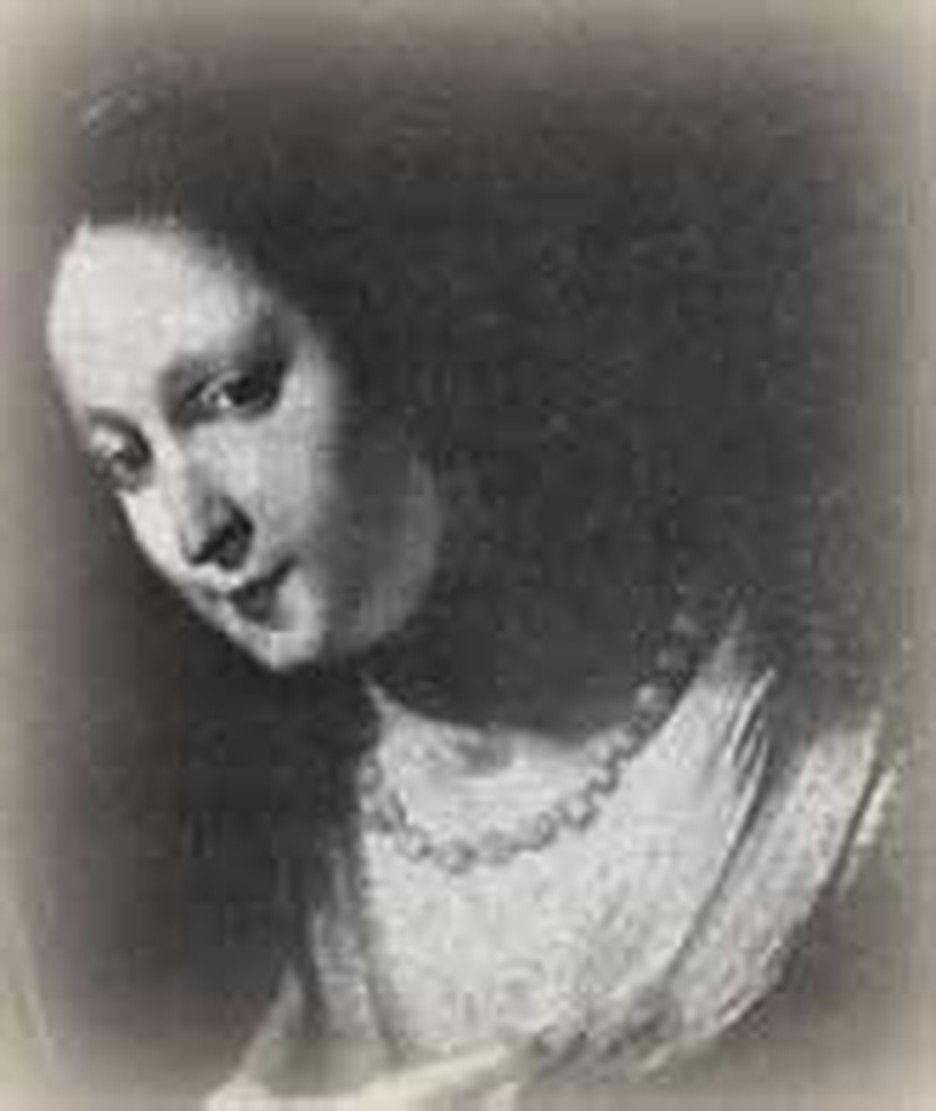
Catherine of Genoa was desperately unhappy. As a girl she had wanted to become a nun, but was told she was too young. At sixteen, her parents forced her to marry a young nobleman. Giuliano Adorno proved to be an ill-suited match. Not only did he neglect the things of God, he squandered their funds so that the pair were ruined financially.
Catherine drifted into small diversions to take her mind off her unhappy marriage. If she attended church it was more out of habit and duty than out of adoration for her Creator. Nonetheless she prayed desperately for relief. Her sister, who was a nun, urged her to go to confession at her convent. Catherine agreed, although she didn't really want to do so. Her sister said, "At least go to obtain the blessing of our confessor," reputed to be a holy man.
On this day, March 20, 1473, miserable, twenty-six-year-old Catherine knelt in the confessional. At that moment she experienced an overpowering sense of her faults and of the world's misery owing to its sin against the goodness of God. She believed that she saw her soul as God sees it. This sensation was so overwhelming that she all but swooned. Transported by love for God, she repeated to herself again and again, "No more world, no more sin." The confessor, unaware of the experience she was undergoing, excused himself to take care of another matter. When he returned, Catherine said, "With your consent, Father, I will leave my confession till another time."
From that day forward to the end of her life, Catherine lived in an unusually heightened spiritual state, which she expressed as including a sense of God's holiness burning away her dross. She partook of the sacraments almost daily. Her condition has been described in terms of pathological psychology. But if her transformation amounted to no more than this, its effects are hard to explain, for she succeeded in converting her playboy husband. Giuliano died a penitent, having served beside her in caring for the sick at a hospital in Genoa.
Catherine wrote about her experiences. She likened them to Purgatory, which she claimed was actually a happy state, for there the rust of sin that covers a soul is burned away so that it can more and more see the sight which above all others it desires: the sight of God. Catherine also wrote a dialogue of her soul with the world, in which she showed the dangers faced by a person caught up in worldliness. These works became popular, although her account of purgatory is without scriptural warrant.
Bibliography:
- Butler, Alban. Lives of the Saints. Westminster, Maryland: Christian Classics, 1981, 1956.
- Capes, F. M. "St. Catherine of Genoa." The Catholic Encyclopedia. New York: Robert Appleton, 1914.
- "Catherine, St. of Genoa." The Oxford Dictionary of the Christian Church. Edited by F. L. Cross and E. A. Livingstone. Oxford, 1997.
- Staley, Edgcumbe. Heroines of Genoa. New York: Scribner's, 1911.
- Various encyclopedia and internet articles.







